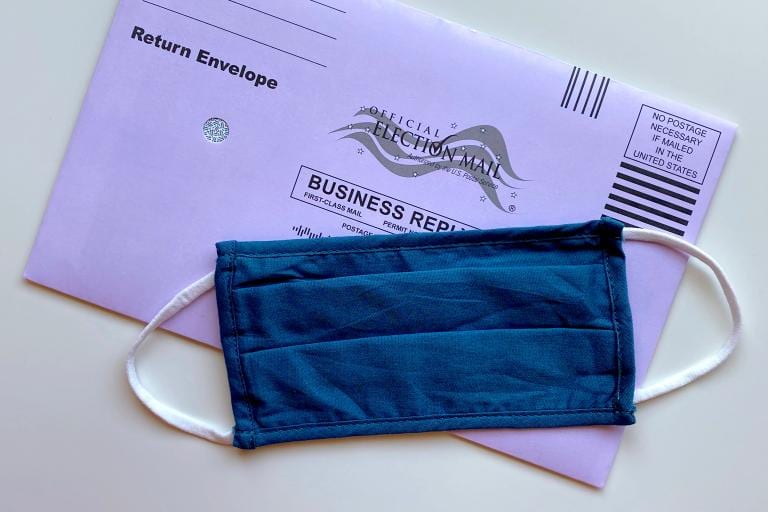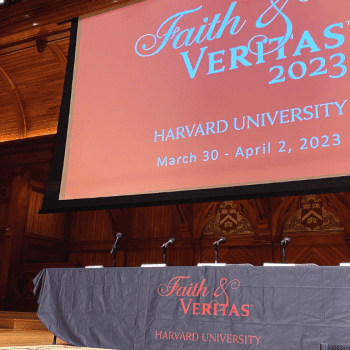
Likelihood #1:
On “Election Night,” We Probably Won’t Know Who is Elected
We need to be preparing ourselves and others for the high likelihood that on Election Night we won’t know who the next president is. We’ve gotten so used to news organizations compiling swift local election results and making calls (“CNN can now project that so-and-so will win Ohio”) that we forget those results from thousands of local election offices are not required to be finalized until weeks after Election Day.
And this year, there are several reasons the results probably can’t be finalized on Election Day. Here are two key ones:
- This year, roughly 40% of the population are likely to vote via absentee ballot. Thankfully, some states, like Washington, are well-prepared because they have had mass absentee voting for years. But around the country, thousands of localities are unaccustomed to dealing with such large quantities of paper ballots, and simply don’t have systems to ensure they can be processed accurately and (As just one example, a county in New Jersey recently discovered a bin with more than 1,600 uncounted ballots from their July primaries that had simply been missed in the rush.) And since some swing states allow voters to mail ballots on November 3, it could be days or weeks until those crucial absentee votes are all tallied.
- Unlike previous years, polls show a major partisan difference in absentee balloting, with Democrats far more likely to be voting that way than Republicans.
Why does that matter, you ask?













